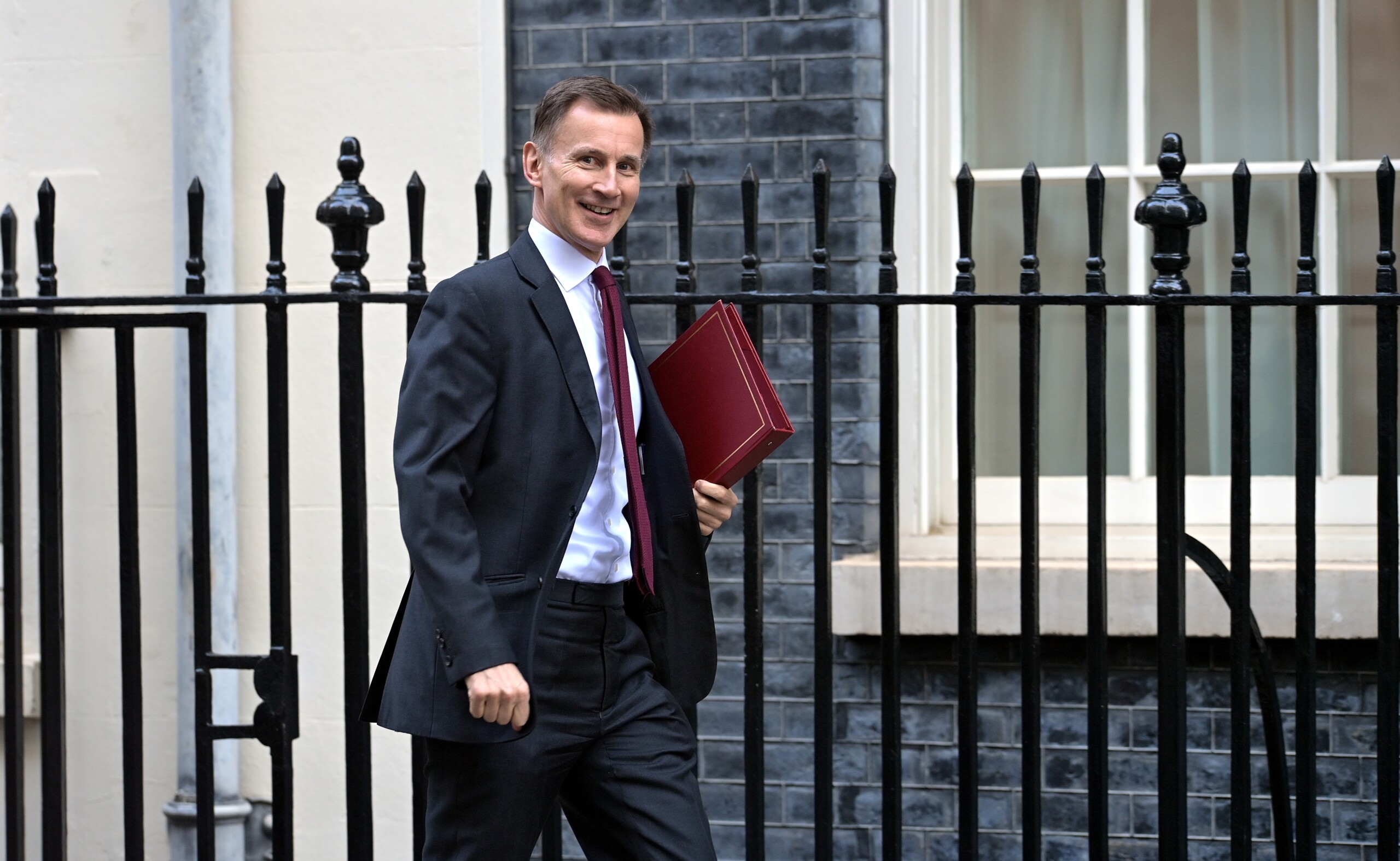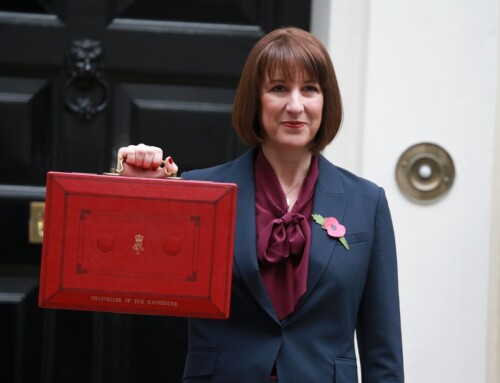2023 Spring Budget

As expected, the 2023 Budget has been a quiet one. The positive news is that the Office for Budget Responsibility (OBR) has said the UK will now not enter a technical recession this year. Inflation will also more than half and reduce to 2.9% by the end of the year.
The main agenda is getting people back into work, with a number of new initiatives including:
- £63m for programmes to encourage retirees over 50 back to work, with the introduction of “returnerships” and skills boot camps
- Parents working 16 hours a week, with children aged from nine months to two years old are to be given 30 free hours of childcare to encourage parents to enter the workforce. However, this is going to come in very gradually and has no immediate impact for working parents. The timelines are as follows:
- Working parents of two-year-olds will be able to access 15 hours of free care from April 2024.
- From September 2024, that 15 hours will be extended to all children from 9 months up.
- From September 2025 all working parents of under 5s will have access to 30 hours free childcare per week
Other main points:
- Government subsidies limiting typical household energy bills to £2,500 a year extended for three months, until the end of June. However, there is no mention of continuing support for businesses.
- Abolishing the cap on the amount workers can accumulate in pensions savings over their lifetime, before having to pay extra tax (currently the limit is £1.07m).
- Tax-free yearly allowance for pension contributions to rise from £40,000 to £60,000 from April 2023.
- Tax breaks and other benefits for 12 new Investment Zones across the UK, funded by £80m each over the next five years. However, the Southwest is notably absent from this list.
There are a number of changes taking effect from April 2023, which had already been announced in previous budgets. The ones impacting businesses and business owners are:
- Main rate of corporation tax to increase from 19% to 25%, where taxable profit is over £250,000 (limit is reduced for associated companies).
- Companies with profits between £50,000 and £250,000 to pay between 19% and 25%.
- Super deductions scheme due to end on 31 March 23, so business owners should consider whether it’s worth bringing forward planned capital expenditure.
- Reduction in the tax-free allowance for dividend income from £2,000 to £1,000 from 6 April 2023 and then to £500 from 6 April 2024.
- Reduction in the additional-rate income tax threshold, dropping from £150,000 to £125,140 from 6 April 2023.
- The capital gains tax-free allowance is £12,300 for 2022-23, but from April this will be dramatically cut to £6,000. From April 2024, it will be reduced again to just £3,000.
Get in touch
If you have any questions regarding the details in the Chancellor’s statement, please call the office on 01392 241228 or email Misty at misty@griffinaccountancy.co.uk.





